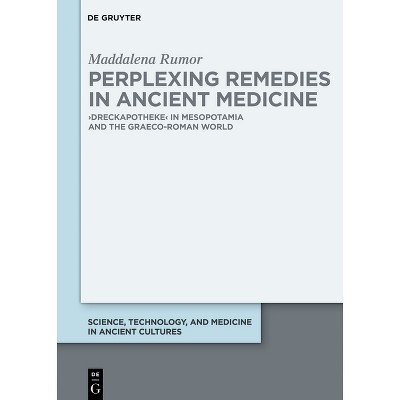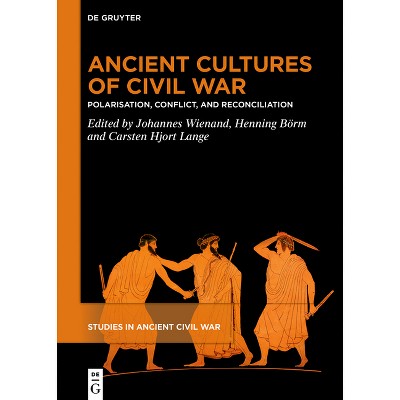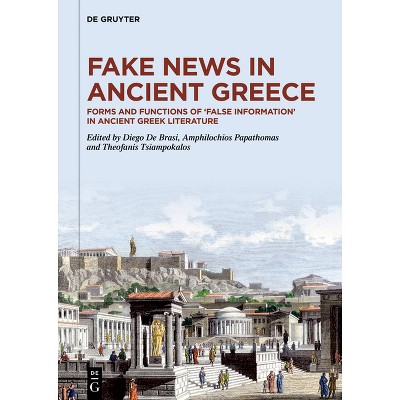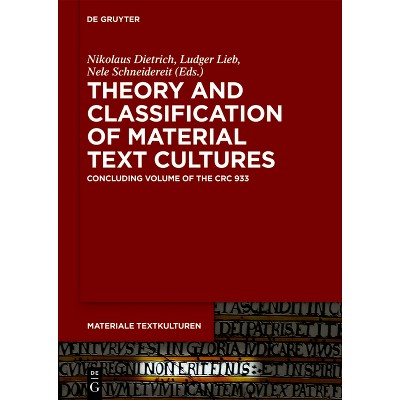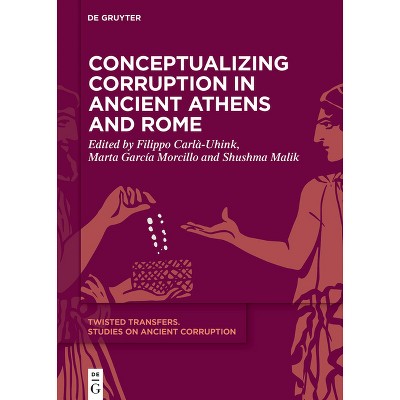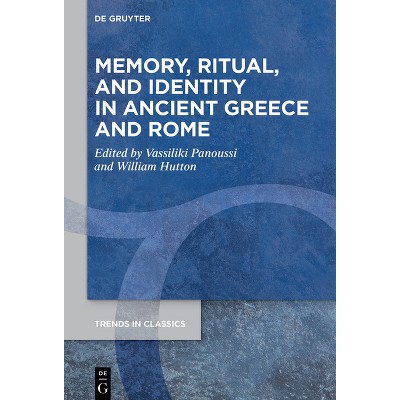Proclus, >Hypotyposis Astronomicarum Positionum - (Science, Technology, and Medicine in Ancient Cultures) by Argyro Lithari (Hardcover)

About this item
Highlights
- Proclus' Hypotyposis Astronomicarum Positionum, a late antique astronomical treatise, has been transmitted through Byzantine codices which usually record it among mathematical, philosophical or historical works.
- About the Author: Argyro Lithari, Athens, Greece.
- 749 Pages
- History, Ancient
- Series Name: Science, Technology, and Medicine in Ancient Cultures
Description
About the Book
The Hypotyposis Astronomicarum Positionum of the 5th c. A.D. Neoplatonist Proclus is the most important extant encounter between philosophy and mathematical astronomy in Late Antiquity. This book offers an overall interpretation of its aim and scopeBook Synopsis
Proclus' Hypotyposis Astronomicarum Positionum, a late antique astronomical treatise, has been transmitted through Byzantine codices which usually record it among mathematical, philosophical or historical works. In the modern era, specific passages of the Hypotyposis have attracted the interest of historians of Greek astronomy and of scholars dealing with Neoplatonic cosmology, while the greatest part of it has been strikingly neglected. The present book offers a close reading of the entire Hypotyposis and an overall interpretation of its aim and scope within the framework of Greek mathematical treatises and Proclus' works. It re-examines individual topics already touched upon in the secondary literature and sheds light on aspects of the treatise that have gone unnoticed. It includes the Greek text with an English translation, and a full-scale philosophical and mathematical commentary, framed by an introduction and a study of the astronomical diagrams and illustrations accompanying the text of Byzantine manuscripts. The book aspires to re-introduce the Hypotyposis to the scholarly community, by lifting obstacles emerging from the technical character of the treatise and by revealing its hidden treasures.
About the Author
Argyro Lithari, Athens, Greece.






